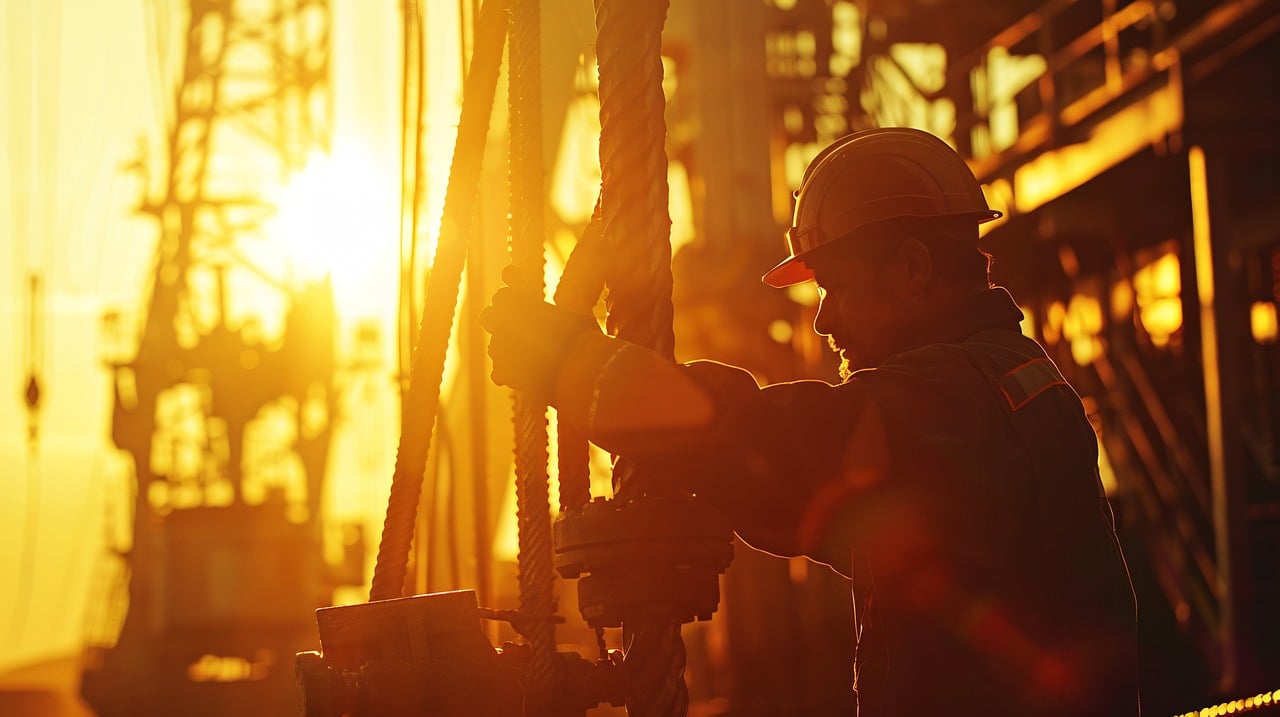News
Qatar Petroleum Faces EU Antitrust Investigation
According to the Financial Times, after the European Union ended its seven-year antitrust investigation into Russian natural gas giant Gazprom, it recently turned its gun on Qatar, the world's largest exporter of liquefied natural gas (LNG), and officially Qatar Petroleum launches antitrust investigation.The EU stated in a public statement that Qatar Petroleum is the EU's largest LNG supplier and controls several LNG export companies. The European Commission will use the European Economic Area as the scope to thoroughly investigate whether Qatar Petroleum has violated the agreements signed with EU countries. Long-term gas supply contracts contain "area restriction" clauses. It is understood that long-term gas supply contracts are generally 20 or 25 years, and the "regional restriction" clause may restrict the resale of Qatar LNG in different countries in the EU, thus hindering the free flow of goods in the region.
It is reported that the European Commission will investigate the resale clauses in Qatar Petroleum's long-term gas supply contract, that is, whether the company directly or indirectly restricts the resale of purchased LNG by importers in the European Economic Area, including whether it completely prohibits resale or restricts resale. Region and resale volume, the LNG exported by Qatar Petroleum cannot "freely circulate" in the European Economic Area, indirectly "splitting" the European natural gas market.
According to EU antitrust law, if Qatar Petroleum engages in "abuse of market dominance" and restricts the resale of LNG in the European Economic Area market, the company will face heavy fines, with fines up to 10% of the company's global turnover.
In response, Qatar Petroleum issued a statement stating that the company will comply with the laws and regulations of the host country and regard it as its top priority, and is willing to cooperate with the European Commission’s investigation and respond to its relevant questions and concerns.
Data shows that Qatar has the third largest natural gas reserves in the world and is the main LNG supplier in Europe. Last year, Qatar's LNG exports to the EU accounted for more than 40% of the EU's total consumption, far exceeding that of Nigeria and Algeria, which accounted for 19% and 17% respectively.
Currently, Qatar Petroleum is assisting the country in its efforts to consolidate its position as the world's largest LNG exporter and strive to increase its annual LNG production capacity from the current 77 million tons to 100 million tons. At the beginning of this year, Qatar Petroleum completed the merger and reorganization of its Qatar Gas Operating Company (Qatar Gas) and Ras Laffan Gas Company (RasGas). The newly established company was named Qatar Gas and will exclusively operate Qatar LNG. The export business has further strengthened its strength.
Qatar Petroleum stated that the purpose of the merger is to create the most profitable oil and gas company in the world, so as to better utilize the resources of the two companies, leverage the advantages of scale and service, unify the corporate development strategy, improve operational efficiency, and thereby enhance its international energy position. market competitiveness.
In fact, the EU’s investigation into Qatar Petroleum coincided with the end of its seven-year antitrust investigation into Gazprom. At the end of May, the EU and Gazprom finally ended in "reconciliation" and reached an eight-year, legally binding agreement. Gazprom agreed to change the natural gas pricing system and cancel common restrictive clauses in previous contracts. The EU did not Gazprom issued huge fines.
Analysts pointed out that anti-Russian sentiment still exists within the EU. Gazprom's final reconciliation with the EU can be described as a "victory". It is hard to say whether Qatar Petroleum has such "luck". After all, in June last year and January this year, the EU imposed fines of 2.4 billion euros and nearly 1 billion euros on technology giants Google and Qualcomm through antitrust laws.

RELATED NEWS
- "BANDON Night" was an Unprecedented Event, Detonating the Southwest
- the Steel Industry has Entered a Period of Cross-border Mergers
- Uranium Samples are Stolen, Panic Spread across India
- U.S. Oil Rig Count Rebounds from Decline
- BANDON's 80HP Inverter Equipment was Unveiled at the Xi'an International HVAC Ex
